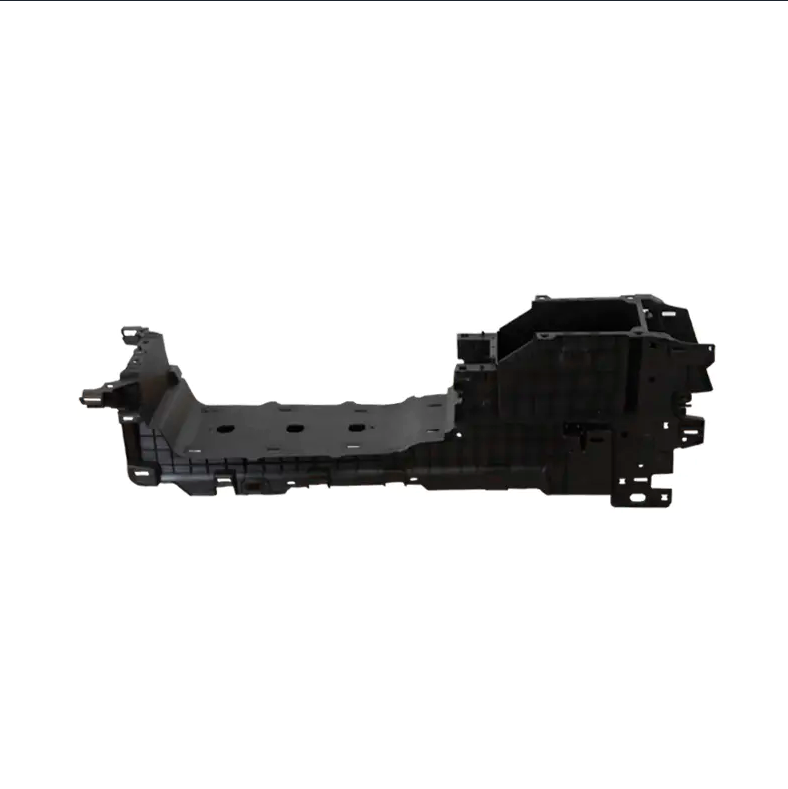The automotive industry is constantly seeking ways to improve efficiency, reduce costs, and enhance the performance of vehicles. One area of significant innovation is in the design and technology of automotive plastic molds. These molds are critical for the mass production of plastic components that are integral to the function and aesthetics of modern cars.
Advancements in mold design have led to the development of more complex and detailed molds that can produce parts with higher precision and fewer defects. This has been made possible through the use of advanced computer-aided design (CAD) software and simulation tools that allow engineers to test and refine mold designs before they are physically created.
In addition to design improvements, there have been significant technological innovations in the materials used for molds. High-performance alloys and composites are now being utilized to create molds that are more durable, resistant to wear, and capable of withstanding higher temperatures. This extends the lifespan of the molds and reduces the need for frequent replacements, which in turn lowers production costs.
Another area of innovation is in the automation of the molding process. Automated systems can precisely control the injection molding process, ensuring consistency in the quality of the plastic parts produced. This not only improves the reliability of the components but also increases the speed of production, allowing for greater efficiency in the manufacturing process.
As the automotive industry moves towards more sustainable practices, the role of automotive plastic molds is becoming even more critical. The ability to produce lightweight, durable, and recyclable components is essential for meeting the environmental challenges of the future. The ongoing innovations in mold design and technology are a testament to the industry's commitment to progress and sustainability.



